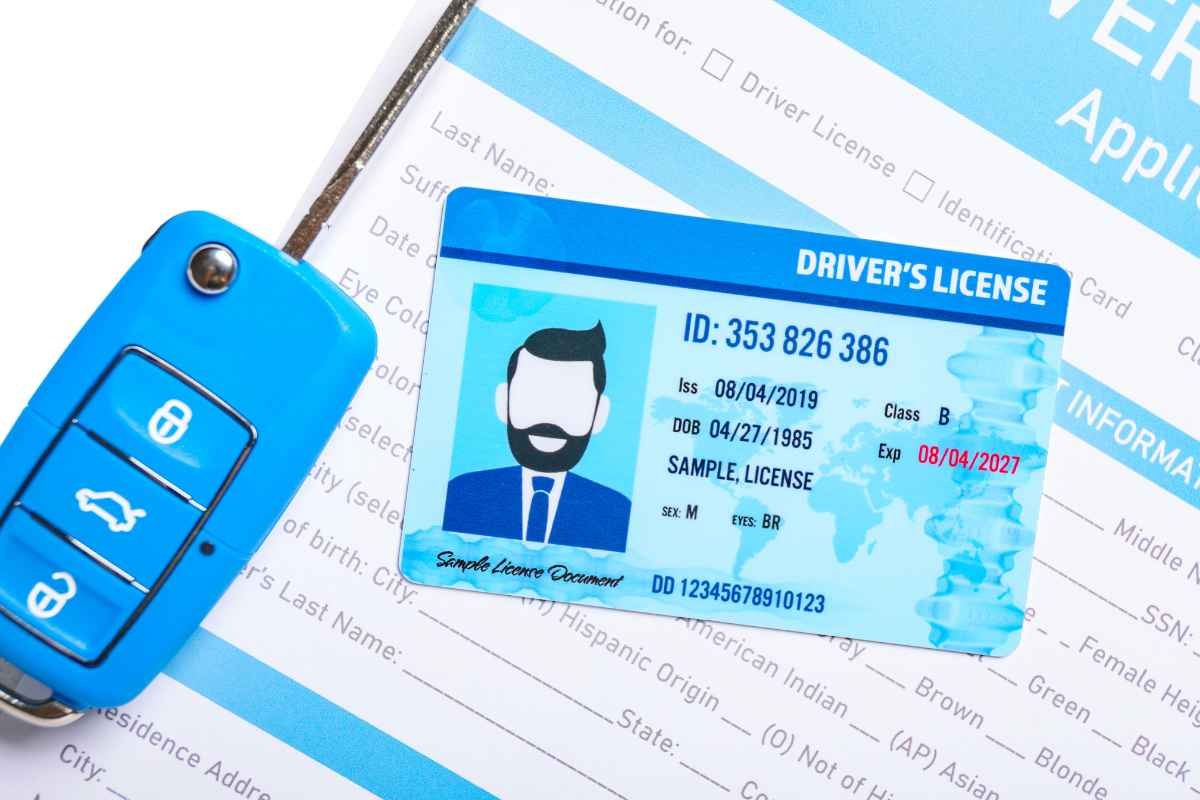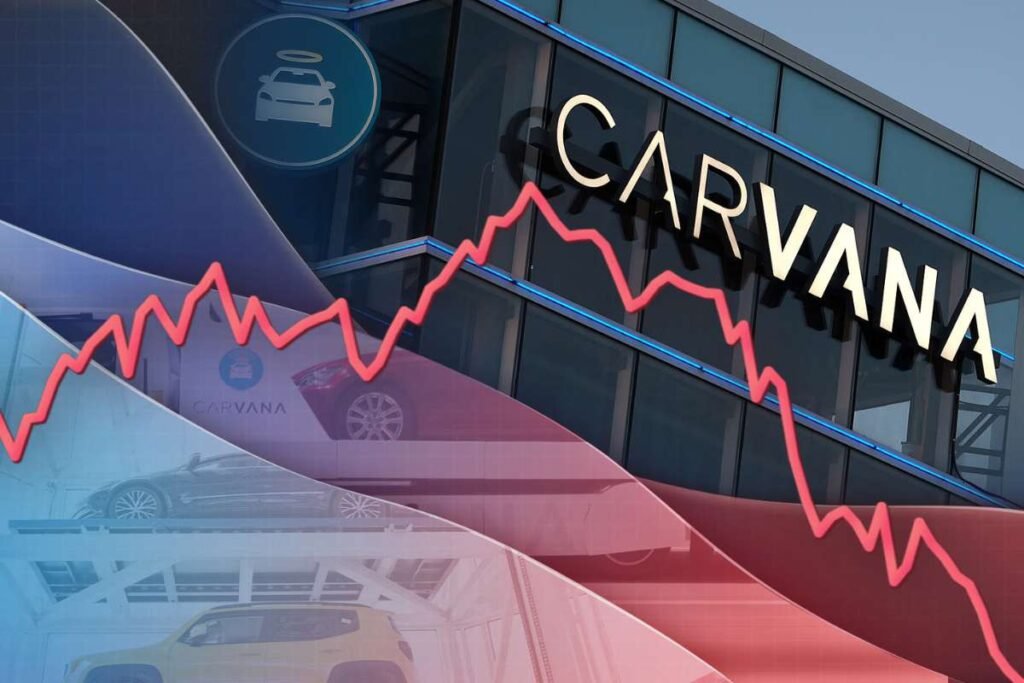Background checks are a crucial part of the hiring process, helping employers verify the information provided by candidates and ensuring that they make informed hiring decisions. However, the effectiveness of a background check depends largely on the questions asked during the process. This guide will explore the key questions that employers should consider when conducting a background check, covering areas such as employment history, education, criminal records, and more.
Here are Background Check Questions Employers Should Ask:
1. Employment Verification Questions
Employment verification is one of the most common aspects of a background check. To ensure accuracy and honesty in a candidate’s work history, employers should ask:
- What were the candidate’s job titles during their employment?
- What were the dates of the candidate’s employment?
- What were the candidate’s primary responsibilities and duties?
- Why did the candidate leave the previous position?
- Is the candidate eligible for rehire?
- Can you confirm the salary or compensation details?
2. Education Verification Questions
Verifying a candidate’s education is essential, especially for roles that require specific degrees or certifications. Important questions to ask include:

- Can you confirm the degree or certification the candidate received?
- What were the dates of the candidate’s attendance?
- Did the candidate graduate?
- Was the candidate in good standing during their time at the institution?
3. Reference Check Questions
Reference checks provide insight into a candidate’s work ethic, behavior, and performance. Key questions to consider are:
- How do you know the candidate, and in what capacity?
- Can you describe the candidate’s job performance?
- What are the candidate’s strengths and weaknesses?
- How did the candidate interact with colleagues and management?
- Would you recommend the candidate for this position?
4. Criminal Background Check Questions
When conducting a criminal background check, it’s important to understand the nature and context of any findings. Employers should ask:
- Does the candidate have any felony or misdemeanor convictions?
- Are there any pending criminal cases against the candidate?
- What were the circumstances surrounding the conviction?
- Has the candidate fulfilled all legal obligations related to the conviction?
- Does the conviction have any relevance to the candidate’s ability to perform the job?
5. Credit History Check Questions
Credit history checks are typically used for positions that involve financial responsibilities. Questions to ask during this check include:

- Does the candidate have any history of bankruptcy?
- What is the candidate’s debt-to-income ratio?
- Are there any red flags, such as unpaid loans or credit card debt?
- How has the candidate managed their credit over time?
- Does the credit history align with the financial responsibility required for the position?
6. Driving Record Check Questions
For positions that involve driving, verifying a candidate’s driving history is crucial. Key questions to ask are:
- Is the candidate’s driver’s license valid and current?
- Does the candidate have any history of traffic violations or accidents?
- Has the candidate ever been convicted of a DUI/DWI?
- Are there any restrictions on the candidate’s driving license?
- Does the candidate’s driving record align with the safety requirements of the job?
7. Professional License Verification Questions
For roles that require specific professional licenses, such as in healthcare, law, or engineering, employers should ask:
- Is the candidate’s professional license valid and current?
- Has the candidate ever faced disciplinary action or had their license suspended?
- Can you confirm the candidate’s license number and issuing body?
- Does the license cover the scope of work required for the position?
8. Social Media Background Check Questions
Social media background checks can provide insight into a candidate’s character and public behavior. While conducting this check, employers should ask:
- Does the candidate’s social media presence align with the company’s values and culture?
- Are there any posts or comments that raise red flags about the candidate’s judgment or behavior?
- Does the candidate engage in any controversial or inappropriate online activity?
- How do the candidates present themselves on professional platforms like LinkedIn?
9. Identity Verification Questions
To confirm a candidate’s identity and prevent fraud, employers should ask:

- Can you verify the candidate’s Social Security number?
- Does the candidate’s name match their government-issued ID?
- Is the candidate legally authorized to work in the country?
- Can you confirm the candidate’s address history?
10. International Background Check Questions
For candidates who have lived or worked abroad, an international background check is necessary. Key questions to ask include:
- Does the candidate have any criminal records in the countries where they’ve lived or worked?
- Can you verify the candidate’s employment and education history abroad?
- Is the candidate’s identity verified through international databases?
- Are there any red flags in the candidate’s international credit or financial history?
Conclusion
Asking the right questions during a background check is essential for making informed hiring decisions. Whether you’re verifying employment, checking criminal records, or assessing financial responsibility, these questions help ensure that the candidate is a good fit for the role and aligns with your company’s values.
By thoroughly vetting candidates through targeted background check questions, employers can minimize risks, build a trustworthy workforce, and enhance overall organizational integrity.










